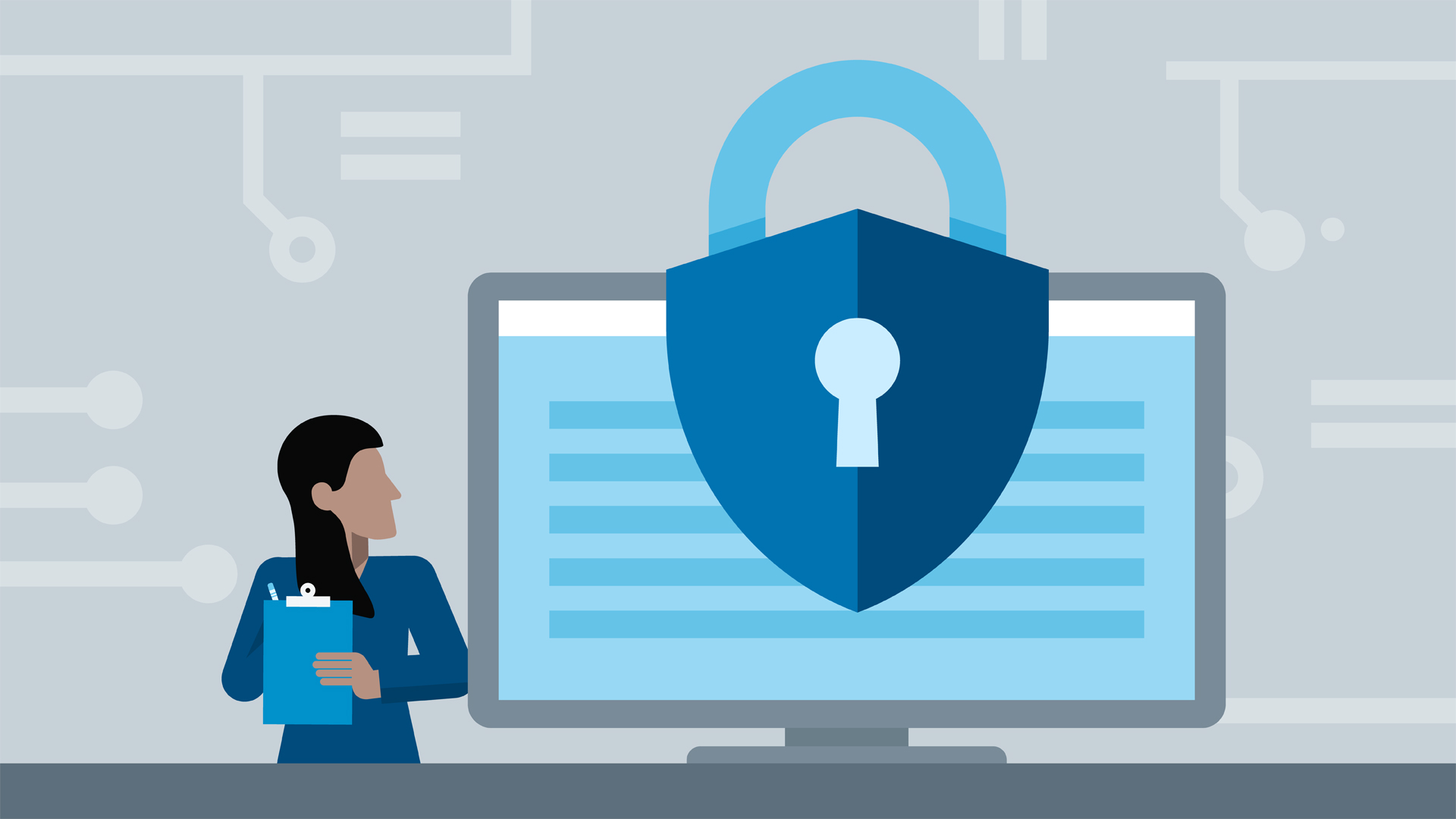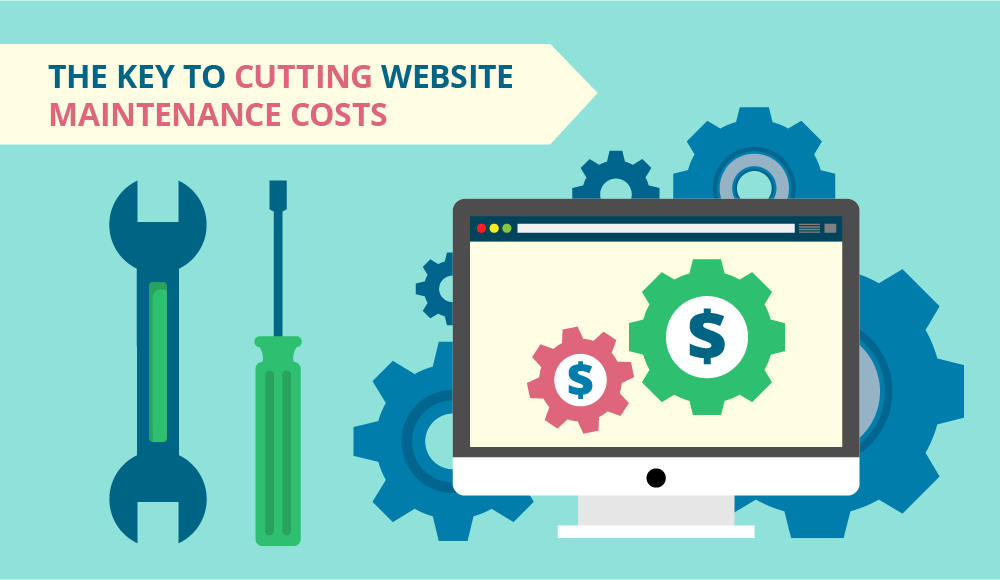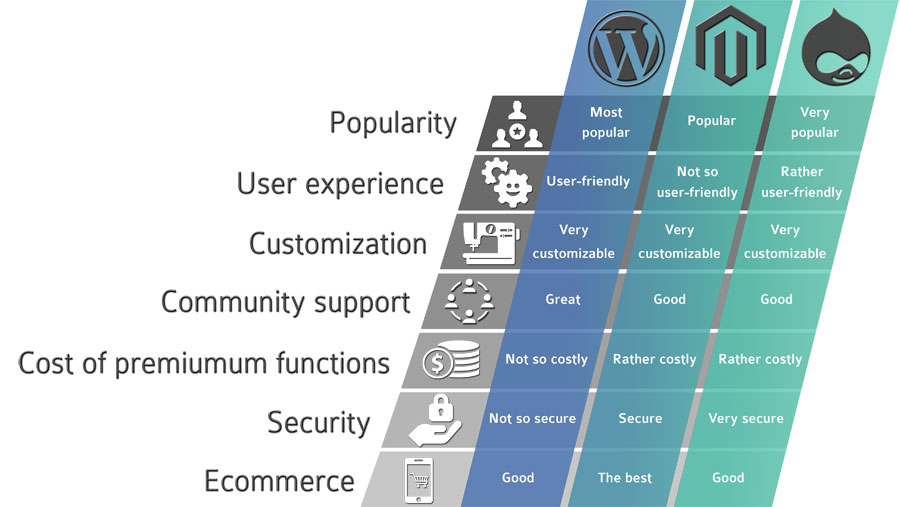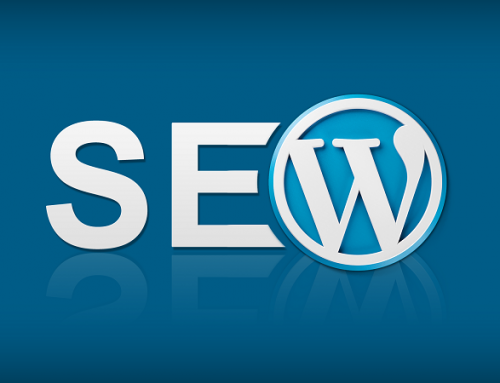A content management system (CMS) works as the backbone of a website. Being a simple and intuitive web application, it provides a user-friendly interface for making the creation, addition, and modification of content easy. From managing content efficiently to running the website smoothly, a CMS allows its users to perform all the actions through a few simple clicks only.
Even the greatest content fails to create a strong impression without the right CMS in place. However, many organizations ignore the necessity of having a good CMS and end up restricting their own growth. So, in this article, we will be discussing the factors you need to consider in order to make your selection of a content management system effortless. Here we go:
1.Organizational Impact

The first and foremost thing you need to think about is how your chosen CMS platform is going to impact your business as well as the organizational structure through your website. It is important to figure out the way you are going to utilize the platform before making a decision.
Based on the organizational impact of technology, the CMS platforms can be for either ‘development’ (for building any website right from the scratch) or ‘solution’ (for customizing your website needs with pre-built features). If you choose a development platform, you have to involve internal or external expertise for carrying out the development cycles effectively and it will comparatively be a more time-consuming process. Conversely, a solution platform itself comes with extensive documentation and support in order to make the configuration easy and fast.
2.Business Requirements

Source – ithare.com
The second most important point to consider is the requirements of your business that is going to be reflected in your website. Every CMS platform comes with its own specialties and it is impossible to find the best-suited one without figuring out specific business needs.
Take your time to know what you will be using your website for and conduct a thorough research to discover the right features required for it. Whether you are trying to develop a blog, an informative portal, or an e-commerce website, identify all your priorities and list them down beforehand. Thus, you will be able to increase productivity as well as prevent future issues.
3.Types of Platform

There are different types of CMS platform to choose from and it is indispensable to know about the most popular ones among them prior to making a decision. Here are the best picks:
- WordPress: This is the most widely used free open-source CMS, which powers more than 14.7% of ‘Top 1 Million’ websites (Alexa ranking) i.e. over half of all the CMS sites running in the world. Since its release in May 2003, it has been evolving continuously and getting more popular with its each new update. Apart from being a comprehensive, flexible and intuitive CMS platform, WordPress also offers the most user-friendly interface, tons of themes and plug-ins, and a great online community for beginners.
- Joomla: If you are looking for endless customization possibilities, Joomla will be the best choice for you. It’s more complex than WordPress and you need to invest both time and effort to get accustomed to it. But once you learn it, it is pretty easy to use. Moreover, there are robust extension development solutions and online communities to help you in every step.
- Drupal: When it comes to choosing a powerful open-source CMS that can be used for doing almost anything, Drupal is the answer. The platform not only replaces many custom coded features in WordPress and Joomla with default coded solutions but also comes with tons of third-party extensions and a huge online community. However, it is not a beginners’ delight and needs immense patience to master.
- Magento: For e-commerce websites, Magento works as one of the best platforms ever. The free open-source ‘Community Edition’ version of the CMS was first released in the year 2008 and has become extremely popular over time. It also provides a wide variety of extensions for additional functionalities and an open community backed by certified developers.
4.Available Features

Source – auxanographicdesigns.com
Not all websites need same CMS features. Therefore, choose a platform that is rich in features essential for meeting your exclusive business objectives and goals. Here is what you should check:
- Installation: The installation process of any CMS should be well-documented in order to ensure a seamless adoption. It should also be pretty easy to follow with the least technical expertise required.
- Ease Of Use: The CMS should offer a smooth user experience with complete ease of use. Even the technically challenged users should be able to access and operate it without interruption.
- Documentation: Having thorough, interactive, and well-organized documentation for both developers and end-users is a critical feature that a good CMS must never overlook.
- Mobility: Get a CMS that is completely mobile responsive so that your website can be easily accessed by users on any mobile devices.
- Flexibility: The CMS should be made flexible with ‘future-proof’ codes, up-to-date framework, and frequent software updates in order to stay in line with the latest market trends.
- Scalability: An efficient CMS must be scalable enough to keep pace with the growth of the business, thereby ensuring the highest performance of the website every time.
- Security: The security of a CMS is vital for keeping your valuable content and customer information safe. Look for both built-in security features as well as additional plug-ins for security fixes.
- Support: The CMS must come with a robust ongoing support system for handling both the software as well as the hosting infrastructure. Find an option that offers 24X7 end-to-end support to its users through phone, email, and chat.
5.Required Skillsets

Source – lynda.com
Deploying a CMS can turn out to be a challenging task if you do not have skilled resources in place. So, do not overlook all those special skills that are needed to use the platform. It is always a wise idea to pick a CMS that can actually be used by your team with ease. You need to focus on the availability of the following two skillsets:
- Technical Skill: If selecting a hosted or on-premise CMS, your IT team must have enough knowledge in handling different technical aspects associated with it including installation, security, maintenance, modification, up gradation, etc.
- End-User Skills: No matter which type of CMS you choose, it must be used readily by end-users. In other words, all members in your content production, marketing, and sales teams should be able to use it without further training.
6.Technology Integration

In this highly technical world, all aspects of a business (sales, marketing, project management, customer relationship, and so on) are influenced by technology. Hence, you need to make sure that your chosen CMS platform can keep up the pace with your present technology stack.
Go for a technology audit to know whether all your technology tools are capable of pulling data from and/or feeding data into the CMS you are going to use. Also, consider the future migration or up gradation that you have already planned and ensured that the CMS platform will be compatible with those changes. Thus, you will be able to come up with better technology integration.
7.Overall Costs

Source – cmscritic.com
The cost of managing a website is primarily depended on the cost of the CMS used. The true costs of CMS platforms can vary widely based on the hosts of features associated with them and it is essential to understand the breakdown in order to make the right decision.
Determine your budget and the rest will be easy for you. Whether you want to invest in a good hosting service or are trying to focus on gaining traffic, you must know how much you are ready to spend. There are even plenty of free or less expensive CMS platforms offering tons of amazing features, which you can easily take advantage of.
8.Online Community Support

Source – wiredelta.com
Being successful with a completely new CMS may sound difficult, but it is actually possible if your selection is right. A first-rate CMS not only offers training and ongoing help to its users but also tops these off with a strong online community support so that you can get the most out of your chosen platform.
Almost all well-accepted CMS have large online communities, which have been helping out beginners enthusiastically. No matter whether you are facing technical issues or looking for extension support, these large, interactive online communities will give you the most viable resolutions and enable you to fix your problems without much hassle. This is especially beneficial for small businesses where they have no dedicated staff for running and maintaining the CMS website.
Finally, it all depends on your research. Once you will find the most effective CMS platform for your website, you can ensure that it delivers on your expectations and help you achieve the targeted return on your investment. So, do not make haste. Take your time and go as thorough as possible in order to identify the one that suits you the best. Consider these 8 factors to come up with a wise decision and make your CMS journey a pleasant one.





